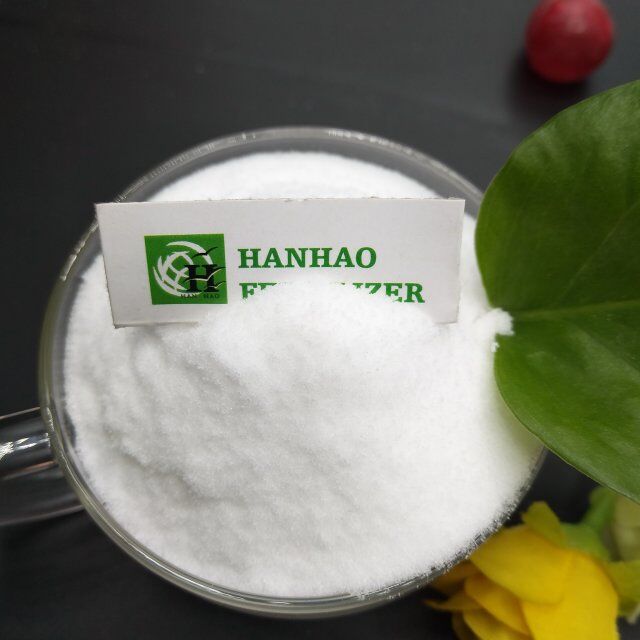
Nov . 07, 2024 18:35 Back to list
Top Organic Fertilizer Production Facility for Sustainable Agriculture Solutions
Best Organic Fertilizer Manufacturing Plant A Sustainable Future for Agriculture
As the global population continues to rise and demand for food increases, the agricultural sector faces a pressing challenge how to produce more food sustainably. In this context, organic fertilizers have emerged as a viable solution. The best organic fertilizer manufacturing plants play a crucial role in meeting this demand while promoting environmental sustainability. This article explores the significance of these plants, the processes involved in organic fertilizer production, and the benefits they bring to agriculture and the environment.
The Importance of Organic Fertilizers
Organic fertilizers are derived from natural sources such as plant and animal materials. Unlike synthetic fertilizers, which can lead to soil degradation and water pollution, organic fertilizers improve soil health, promote biodiversity, and enhance crop resilience. They contribute essential nutrients to the soil, improve its structure, and increase its water-holding capacity. Moreover, organic fertilizers support sustainable farming practices, making them essential in the fight against climate change and promoting a healthier ecosystem.
Components of a Leading Organic Fertilizer Manufacturing Plant
A top-tier organic fertilizer manufacturing plant is characterized by several key components
1. Raw Material Sourcing The quality of organic fertilizers largely depends on the raw materials used. Leading plants source high-quality materials such as composted manure, green waste, and plant residues. Sourcing these materials locally not only reduces transportation costs but also supports local economies.
2. Processing Technology Advanced processing technologies ensure that the nutrients in the raw materials are effectively converted into a form that plants can absorb. Key processes include composting, anaerobic digestion, and fermentation. These processes not only recycle waste but also enhance nutrient availability, making organic fertilizers more effective.
3. Quality Control The best organic fertilizer manufacturing plants implement rigorous quality control measures to ensure that their products meet industry standards and regulations. This includes regular testing for nutrient content, pathogen levels, and contaminants. High-quality organic fertilizers provide farmers with the assurance they need to make informed decisions about crop management.
best organic fertilizer manufacturing plant

4. Sustainability Practices Leading manufacturing plants prioritize sustainability in their operations. This includes using renewable energy sources, minimizing water usage, and reducing waste. By adopting sustainable practices, these plants not only lower their carbon footprint but also set an example for the agricultural industry.
Benefits of Choosing Organic Fertilizers
The advantages of using organic fertilizers produced by reputable manufacturing plants are manifold
1. Soil Health Improvement Organic fertilizers enhance soil structure and promote the activity of beneficial microorganisms. Healthy soil is more productive and resilient to pests and diseases.
2. Nutrient Release Organic fertilizers release nutrients slowly and steadily, reducing the risk of nutrient runoff and leaching. This ensures that plants receive a continuous supply of nutrients throughout the growing season.
3. Environmental Protection By reducing reliance on synthetic chemicals, organic fertilizers help protect water sources and reduce pollution. They also contribute to carbon sequestration in the soil, aiding in the fight against climate change.
4. Economic Benefits Farmers who invest in organic fertilizers often see improved crop yields and quality. This can lead to increased profitability and marketability, particularly as consumer demand for organic products continues to grow.
Conclusion
The best organic fertilizer manufacturing plants are vital players in the global effort to promote sustainable agriculture. By producing high-quality, sustainable fertilizers, they help farmers boost productivity while protecting the environment. As we move towards a more sustainable future, the role of these innovative manufacturing plants will be increasingly important. Embracing organic fertilizers is not just a trend; it’s a necessary step towards ensuring food security and environmental health for generations to come. As consumers, farmers, and policymakers recognize the benefits of organic farming, the growth of organic fertilizer manufacturing plants will continue to expand, paving the way for a greener agricultural landscape.
-
10 10 10 Fertilizer Organic—Balanced NPK for All Plants
NewsJul.30,2025
-
Premium 10 10 10 Fertilizer Organic for Balanced Plant Growth
NewsJul.29,2025
-
Premium 10 10 10 Fertilizer Organic for Balanced Plant Growth
NewsJul.29,2025
-
Premium 10 10 10 Fertilizer Organic for Balanced Plant Growth
NewsJul.29,2025
-
50 Pound Bags of 13-13-13 Fertilizer for All Plants – Bulk & Organic Options
NewsJul.28,2025
-
High-Efficiency 15-30-15 Granular Fertilizer for Healthy Crops
NewsJul.28,2025
